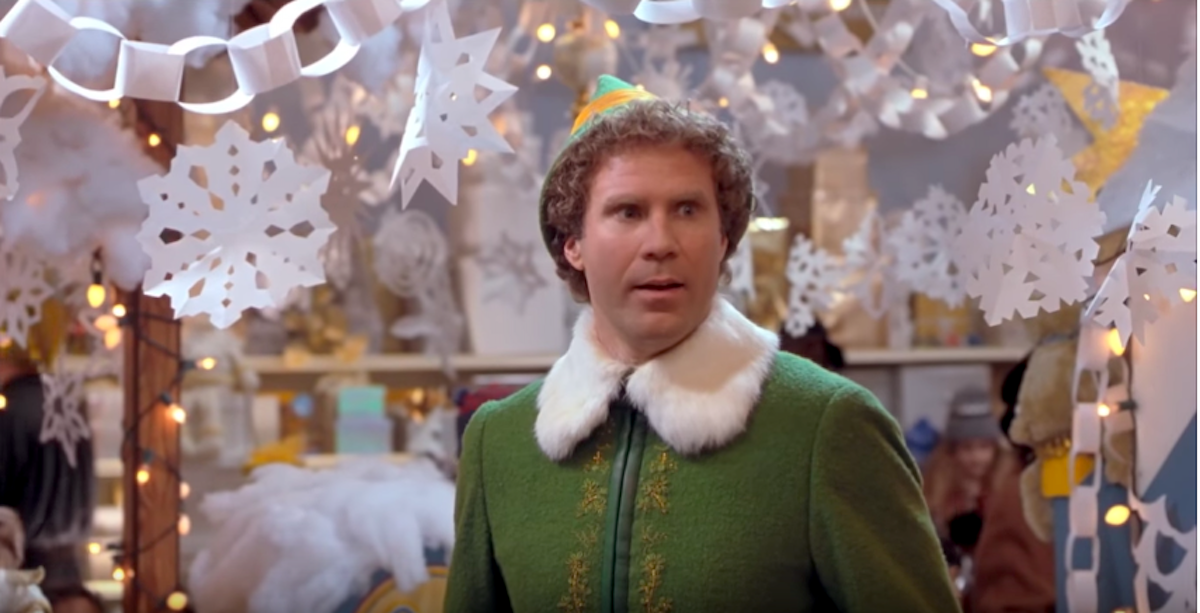- Christmas decorations make a person appear “friendly and cohesive,” according to a study.
- This could be because the excitement highlights our inner child, according to psychoanalyst Steve McKeown.
- For some people, however, celebrating the festive period prematurely could be a sign of escapism.
While some people tut when they see Christmas lights, trees, and adverts as early as November, there’s a scientific reason why getting excited for Christmas a few weeks ahead of everyone else is good for you.
Spreading the festive cheer as early as November makes a person seem more sociable, friendly, and approachable, according to evidence from the Journal of Environmental Psychology. The report states that a house lit up doormat-to-chimney in blinking lights and tinsel “cues as a way of communicating their accessibility to neighbours.”
Participants in the study were shown a selection of houses – some adorned with festive decorations and some without. The houses were of various sizes and appeared to represent a spectrum of socioeconomic backgrounds.
Participants remarked that houses dressed to the nines made their owners seem “friendly and cohesive” – proving that Christmas decorations make a person look sociable and kind.
This could be because of the association many of us make between the festive period and our childhoods. Mince pies and baubles cause nostalgia and remind us of past Christmases spent with family and loved ones. This nostalgic reaction to the buildup to Christmas induces a mild childish giddiness in many of us.
Steve McKeown, psychoanalyst and founder of MindFixers, told UNILAD: "Decorations are simply an anchor or pathway to those old childhood magical emotions of excitement. So putting up those Christmas decorations early extend[s] the excitement!"

Most commonly, McKeown said that people who put up decorations early are simply keen "to relive the magic" of previous festive periods. However, McKeown also said that getting out the tinsel and fairy lights as early as November could be a sign of a person trying to overcompensate for previously disappointing festive periods.
"In a world full of stress and anxiety people like to associate [with] things that make them happy and Christmas decorations evoke those strong feelings of the childhood," he said.
This could stem from a missing loved one or a change in personal circumstances that the person is trying to escape from.
Nevertheless, if dragging out the festivities works, then it can't hurt to be a little more in touch with our inner child.

